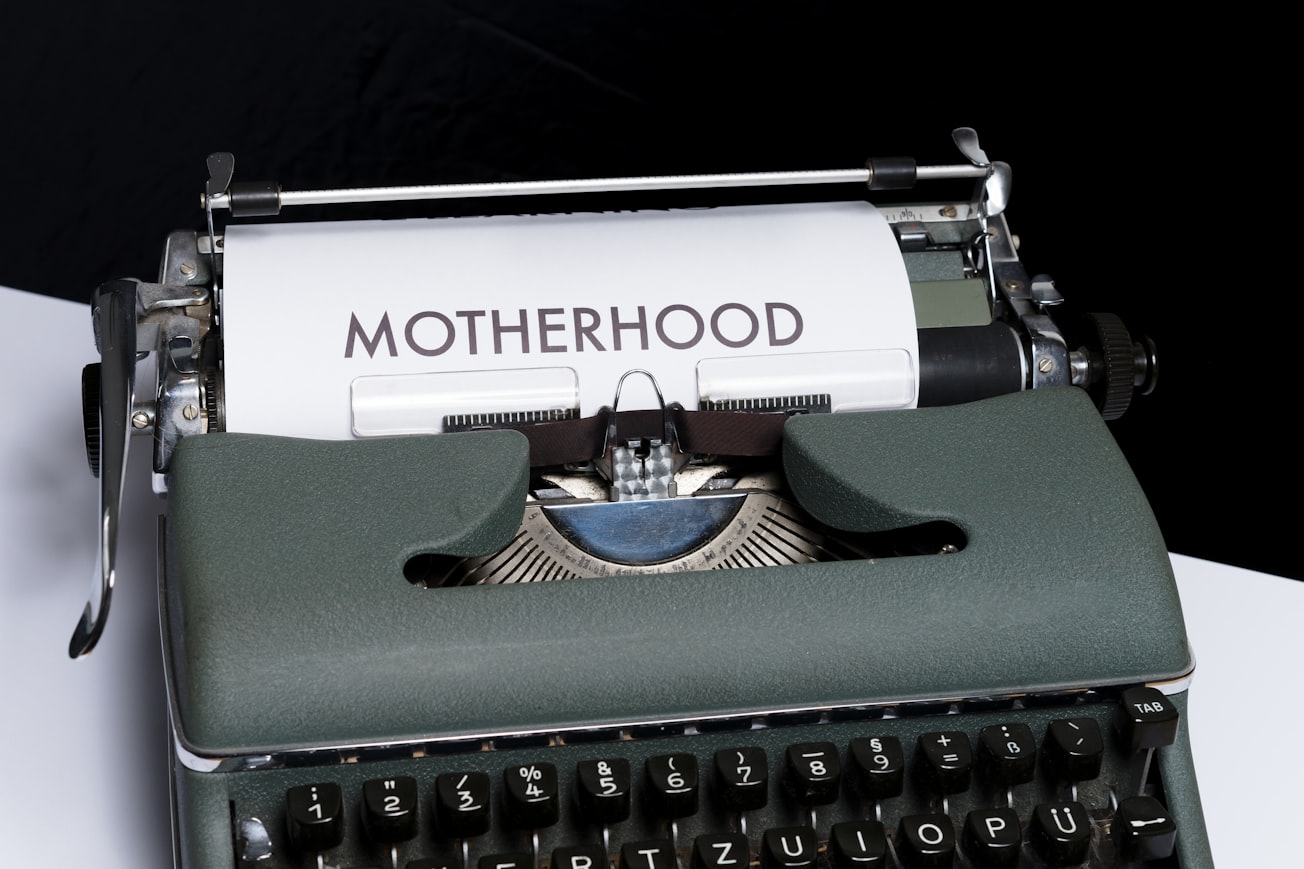What is it about?
This essay examines print literature targeting American mothers of infants from the turn of the twentieth century through the 1950s, analyzing text excerpts from “baby books” spanning six decades and providing background illuminating those texts and their authors. Books authored by Benjamin Spock, Arnold Gesell, and John B. Watson are reviewed, among others. Changes in recommended feeding and toilet-training practices, sleeping arrangements, and behavioral expectations of babies, as well as the variation in style and tone of the experts’ advice are noted. Parent advice publications grew in popularity as changing family structures removed traditional sources of information and support for mothers, and the public came to highly regard scientific information and seek expert guidance in aspects of their lives previously governed by traditional wisdom. Publications of the federal Children’s Bureau and that agency’s role in advising parents are reviewed as well. Despite the advice-givers’ presentation of their recommendations as universal and scientific, their writings more accurately serve as a chronicle of changing patterns of beliefs and attitudes of middle-class society rather than an empirical body of knowledge about infant growth and development.
Featured Image

Photo by Markus Winkler on Unsplash
Why is it important?
New parents seeking professional advice assume a basis in scientific knowledge of child growth and development. This essay provides evidence that “expert” advice books reflected middle class societal trends and preferences more than research-based knowledge of child development. The essay also provides a fascinating window into the past by sharing text of 20th century “baby books.”
Perspectives
When I was a new mother at home with a confounding, challenging, small baby, feeling alone and wondering why my extensive child development background, family, and friends were not enough to help me feel confident and supported in this endeavor, I turned, as many parents do, to books written to advise and guide parents, primarily mothers, through those challenging early weeks and months filled with sleep deprivation, confusion, and angst. But as I read, I questioned whether the parenting practices supported so unequivocally by the experts of the 1980s were the universal truths they purported to be. Did they hold up historically and cross-culturally? I began in the little time I could carve out of my busy schedule, late at night, to search and read. I found that these practices were not universal, and that over the years a wide range of often-contradictory practices had been recommended to parents with just as much certainty. When I could, I began to do more than read; I started to collect old “baby books.” Best sellers, pamphlets distributed by birthing hospitals, government publications, and old copies of Dr. Spock’s books began to fill my shelves. Sometime later, I had an opportunity to take a harder look at the story behind the items in my collection and other advice books for parents. I found that along with the fascinating pictures and descriptions of quaint parenting practices was another story—of the increased revering of all things scientific, and of the rise of experts, who gladly stepped in with advice when grandma could not. The writings of these experts mirrored changes in social structures and family life, and met American parents’ perceived need for expert advice in an era of increasing specialization and scientific study. Confirming my earlier, sleep-deprived suspicion, much of that advice, presented to parents by the experts as universal, has changed over the years. The experts did not always agree, changed their ideas over time, and were influenced not only by professional knowledge about the needs of the baby and family, but also by the social and cultural environment in which they lived and wrote. Further, that advice to mothers was informed as much by the experts’ image of what American families should look like as it was by their scientific findings. The paper chronicles a period when the public came to regard experts and scientific information more highly than the traditional wisdom of generations past, and concludes that despite the popular advice-givers’ presentation of their recommendations as universal and scientific, they reflect changing patterns of thought in middle-class society rather than an empirical body of parenting knowledge that has stood the test of time.
V. Sue Atkinson
Binghamton University Glenn G Bartle Library
Read the Original
This page is a summary of: Shifting Sands, Journal of Family History, April 2017, SAGE Publications,
DOI: 10.1177/0363199017696046.
You can read the full text:
Contributors
The following have contributed to this page










